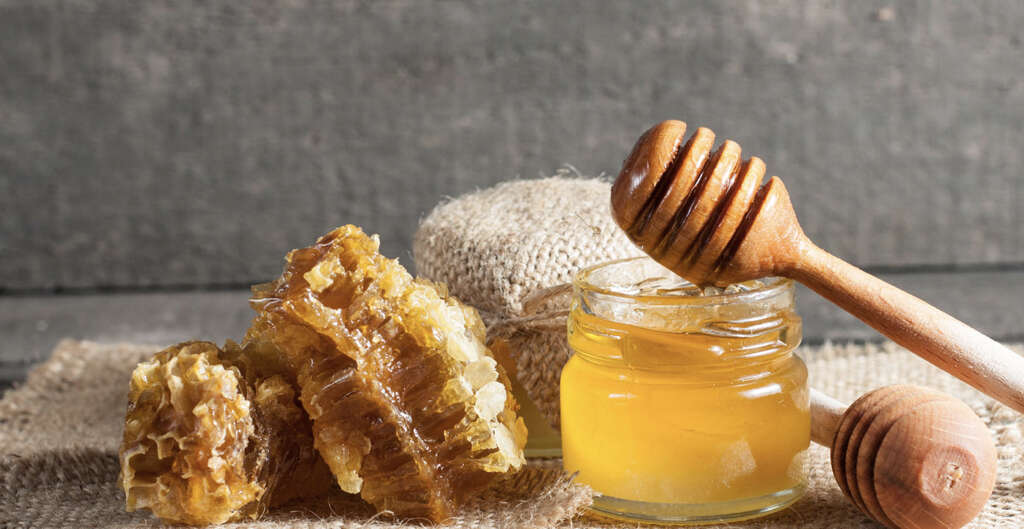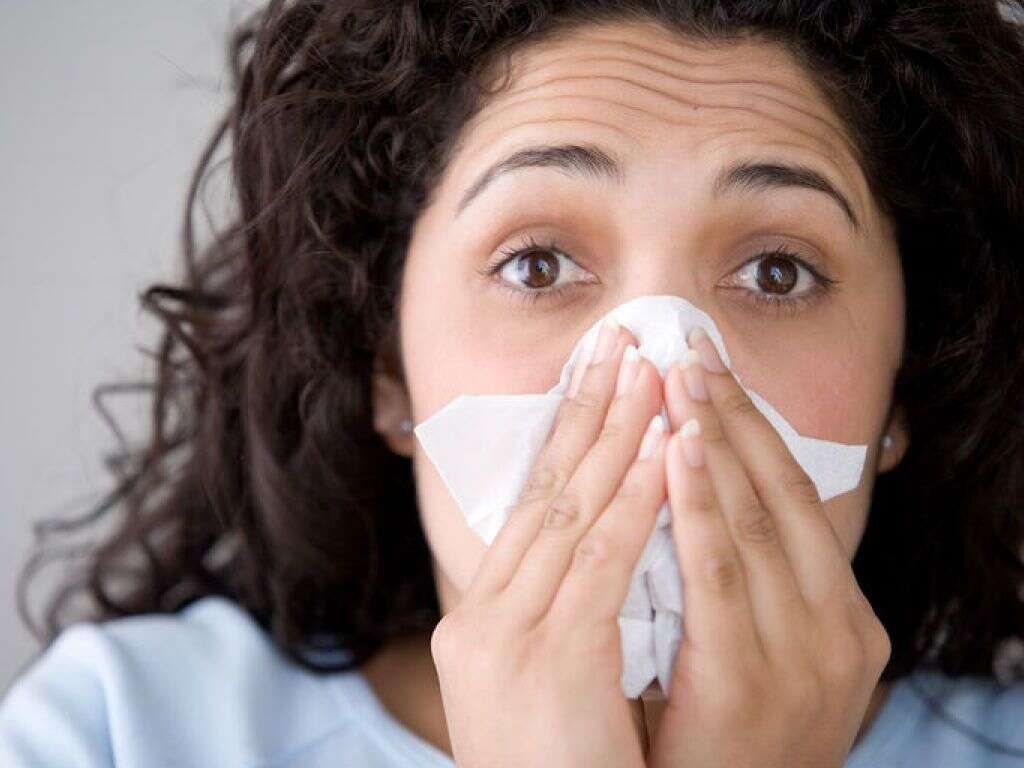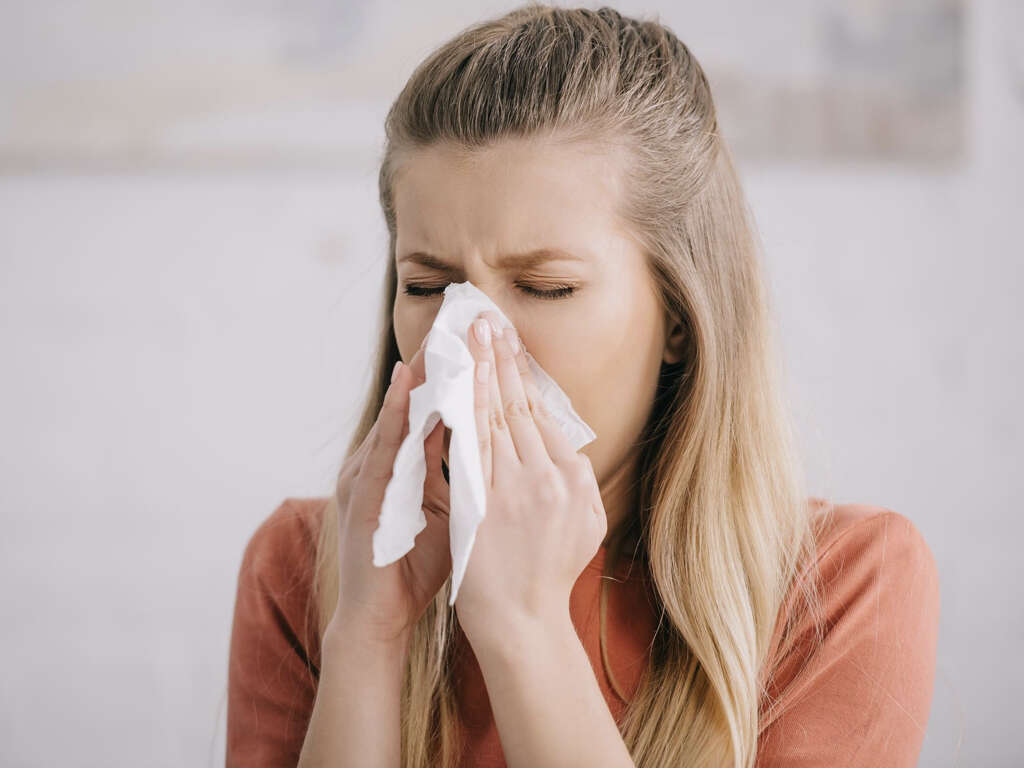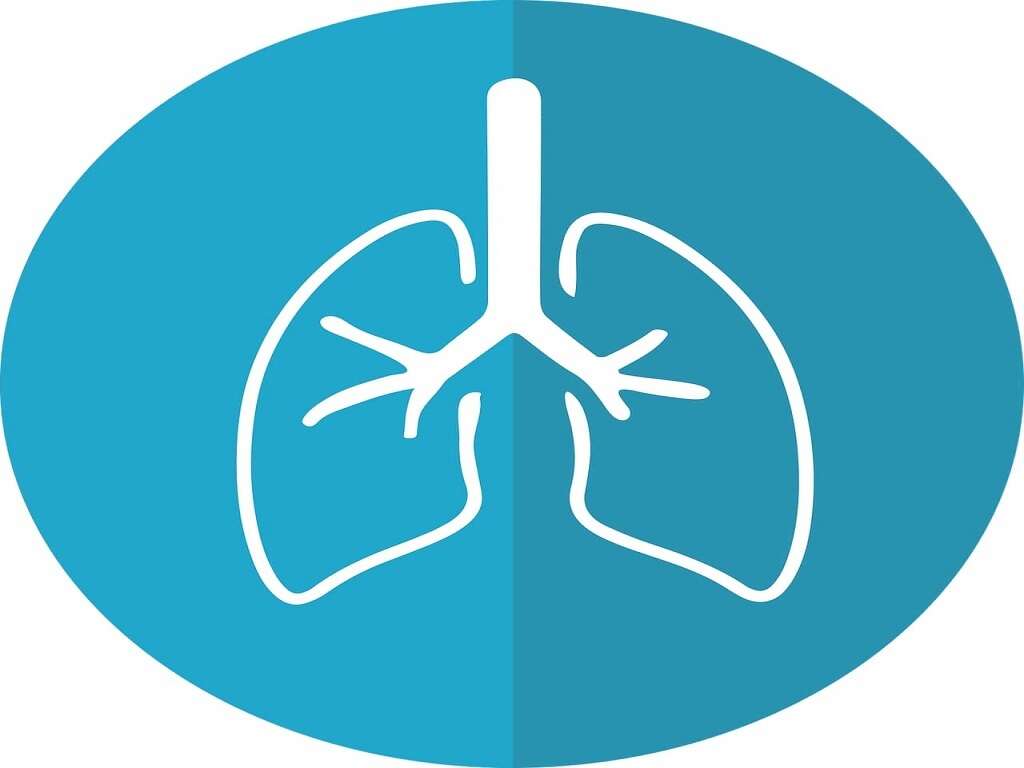10 Home Remedies For Pneumonia
Pneumonia is an infection that affects the lungs. The condition leads to an inflammation in the airways that can lead to a number of different symptoms. Pneumonia can cause serious coughing, bleeding in the lungs, a sore throat, and many other unpleasant issues.
Pneumonia can be caused by a number of things, such as viruses, fungi, and bacteria. A lot of the microorganisms that can lead to pneumonia are quite common and it’s important to note that a healthy immune system is one of the best ways to prevent yourself from catching pneumonia. Things like eating a healthy diet, exercising regularly, and ensuring that your body is strong and healthy is a great way to minimize the chances of developing the issue. Unfortunately, these methods of prevention aren’t definite, and many healthy people still contract pneumonia.
Pneumonia is generally quite serious, and can lead to death. It’s important to note that you shouldn’t try to cure pneumonia entirely with home remedies—since the condition can be life-threatening, it is very important to ensure that you remain in contact with a medical professional. That said, home remedies can certainly be useful for helping to ward off or nullify some of the uncomfortable symptoms that come along with pneumonia. In this article, we’re going to outline some of the most common and effective home remedies that can be used to help either prevent pneumonia or manage some of the symptoms that come along with the condition.
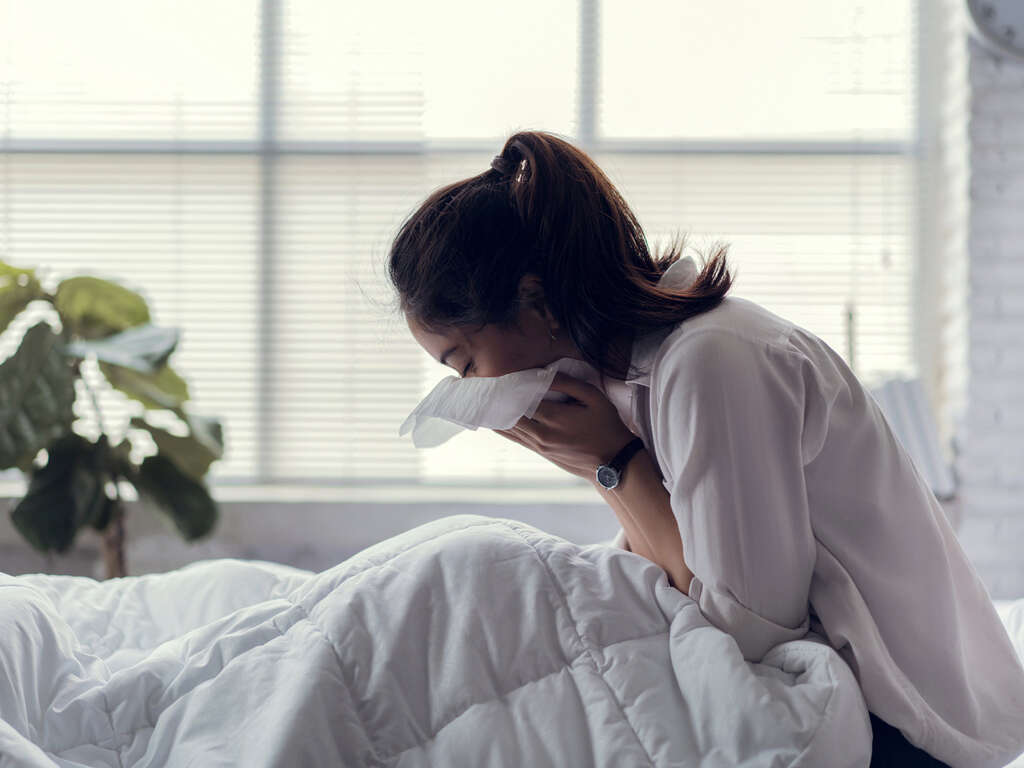
Home Remedy #1: Peppermint
Peppermint isn’t exactly a preventative measure that will stop you from getting pneumonia. That said, peppermint is a great way to help you manage the sore throat that can come along with the condition.
Studies have proven that peppermint tea and extracts can be very useful to people who are struggling with an infection in their respiratory tract. In addition to helping to ease discomfort, peppermint is able to help loosen some of the mucus that bothers people with pneumonia.
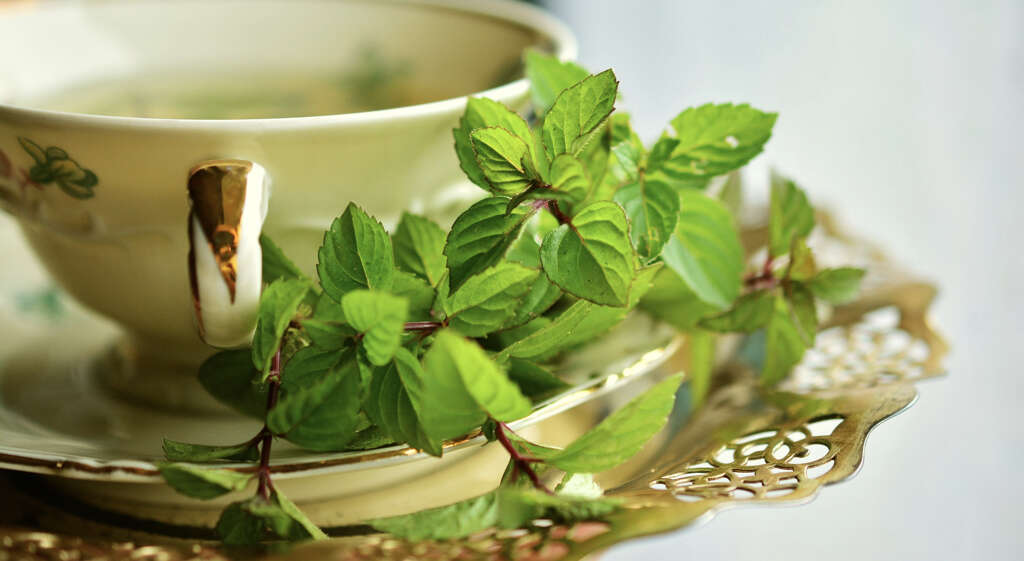
Home Remedy #2: Fenugreek
Fenugreek is most often used to flavor curries, but the herb has a number of medicinal benefits as well. One of the most intriguing uses of fenugreek is for the management of pneumonia symptoms.
Fenugreek has been reported to help break apart mucus in people with respiratory infections, and it can help to reduce the frequency of coughing. You can grind fenugreek into a powder and make a tea out of this to help fight symptoms of pneumonia.
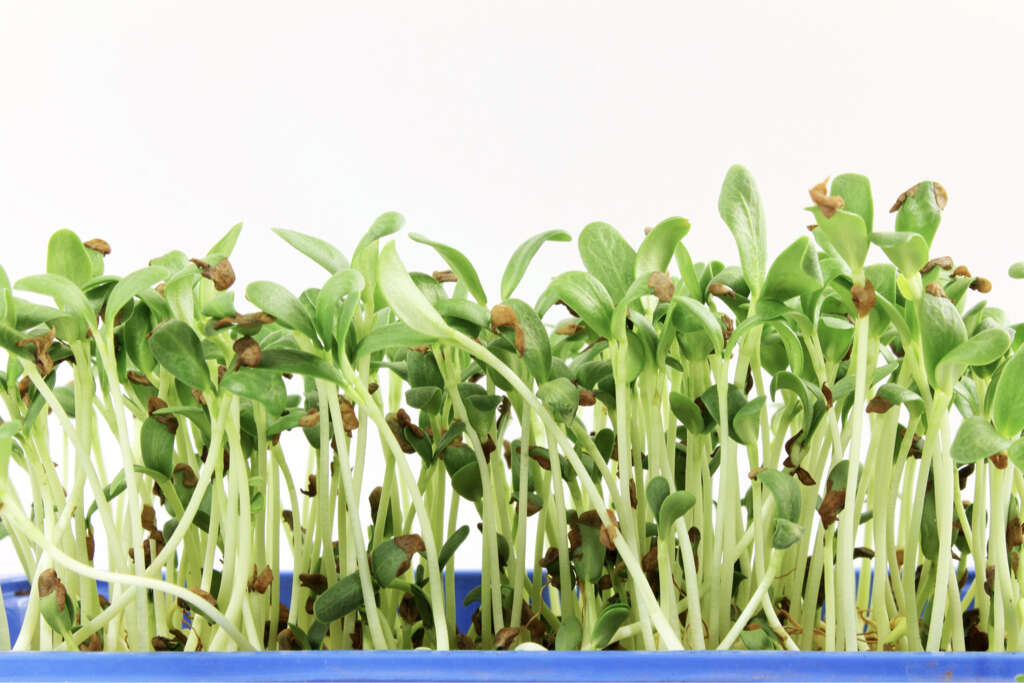
Home Remedy #3: Salt Water
Salt water has been a home remedy for all sorts of respiratory infections, and it can also be useful for helping people manage their pneumonia.
Gargling a mouthful of salt water can help to break up and dislodge mucus that’s stuck in the chest area. Saltwater can also help to ward off bacteria that can cause pneumonia.
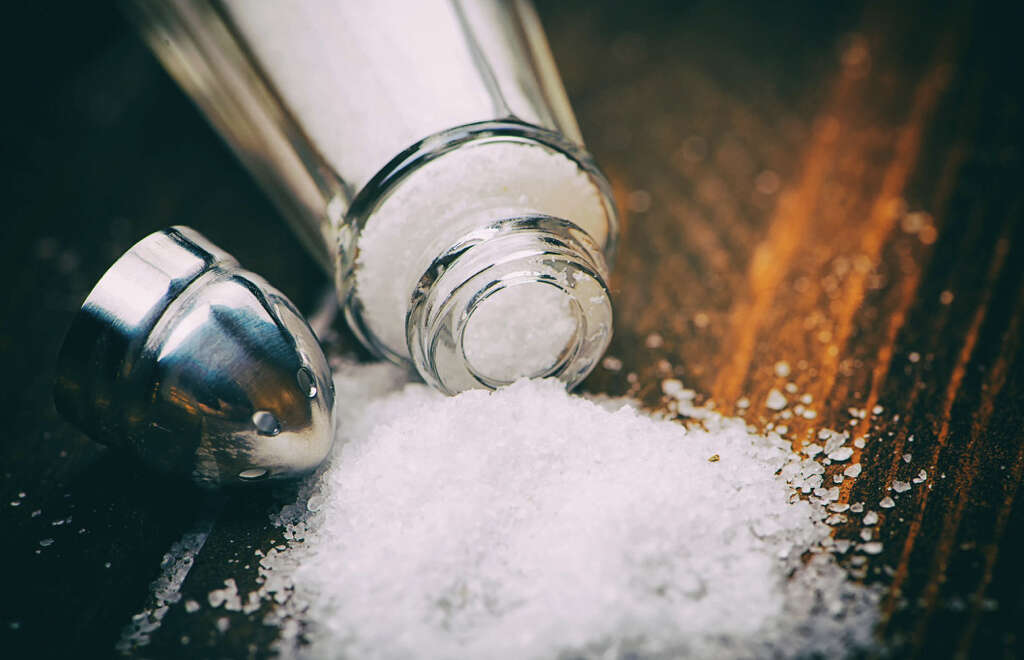
Home Remedy #4: Caffeine
Caffeine is known to function as a bronchodilator, meaning that it can work to help expand the passageways in your lungs. This can make it easier to breathe and, therefore, help to reduce some of the symptoms of pneumonia.
Caffeine comes in many sources. The most common source of caffeine is coffee, but coffee is also dehydrating and can make pneumonia more uncomfortable. Better sources of caffeine for this purpose include green tea and yerba mate.

Home Remedy #5: Humidity
One of the most uncomfortable things for someone struggling with a respiratory infection is dry air. Breathing in dry air can make each breath a chore and can make the airways feel tight and restricted.
One of the ways to combat this is to breathe in some warm, moist air. You can do this in a number of ways. One such way is to take a shower. Another, potentially more effective method, is to boil some water with some healing herbs such as mullein. Inhale the steam rising off of this liquid and you’ll experience immediate relief.
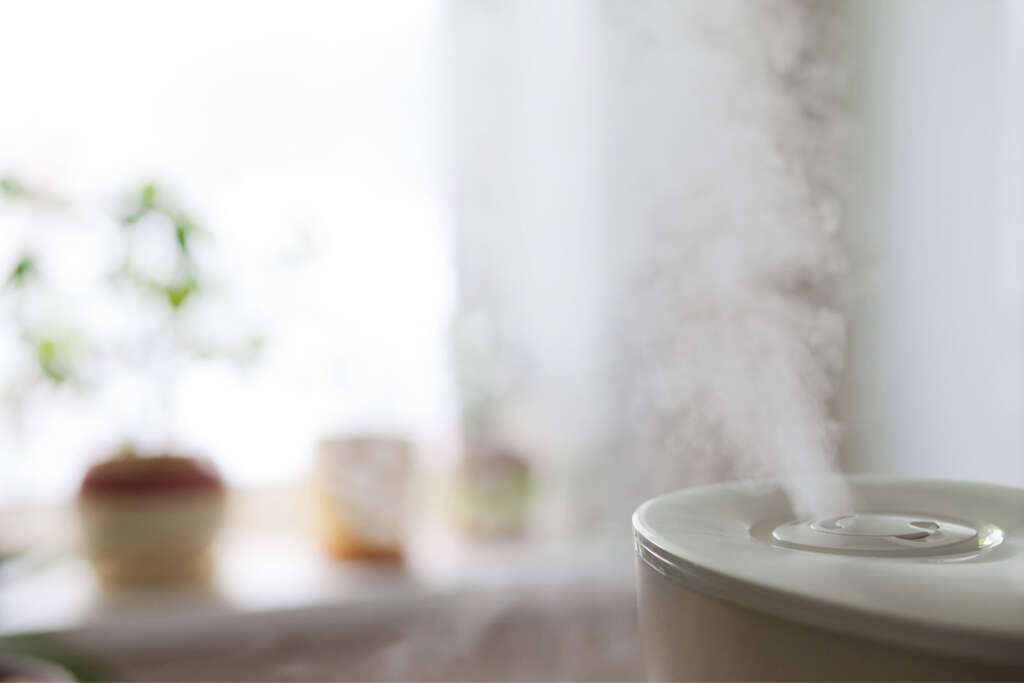
Home Remedy #6: Hydration
Another important thing for anyone struggling with pneumonia—or, indeed, any respiratory infection—is to stay hydrated. Hydration helps to ensure that your immune system stays healthy, and also ensures that the mucus in your respiratory tract is loose enough to easily expel.
Make sure that you drink some water at least once every hour, and try to consume a minimum of 2 liters of water everyday.
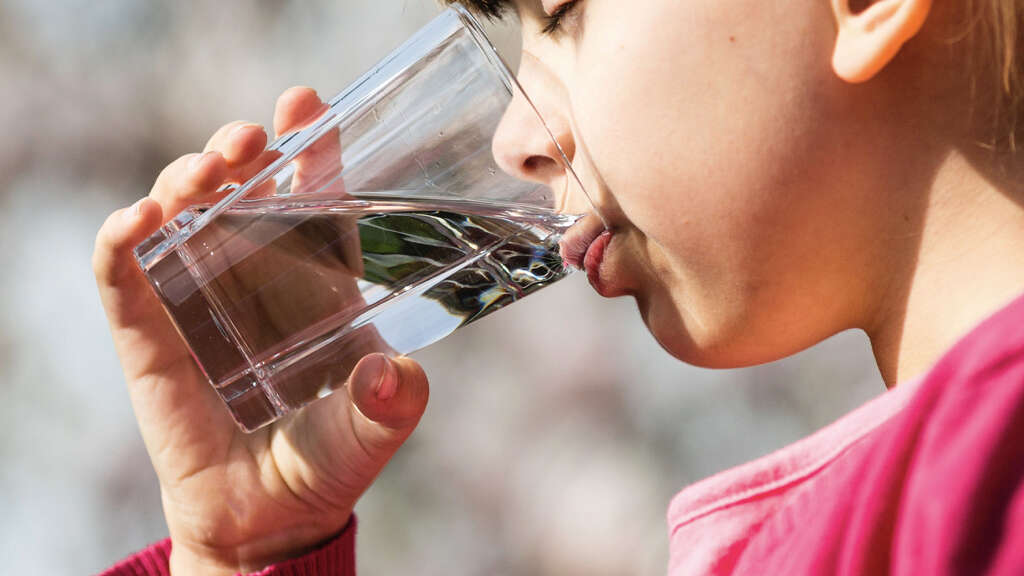
Home Remedy #7: Rest
The worst thing you could do while struggling with pneumonia (aside from smoking cigarettes) is to refuse yourself the chance to rest.
Rest gives your body time to heal itself and ensures that the immune system can do its thing and help to relieve you of any infections.

Home Remedy #8: Ginger Tea
One of the most common issues associated with pneumonia is chest pain. This often results because of the consistent, intense coughing that comes along with the condition.
Ginger is known to function as a powerful anti-inflammatory compound and can help reduce some of the inflammation and discomfort associated with chronic coughing and pneumonia. If you can handle the intense flavor, chewing raw ginger root will also have the same effect.
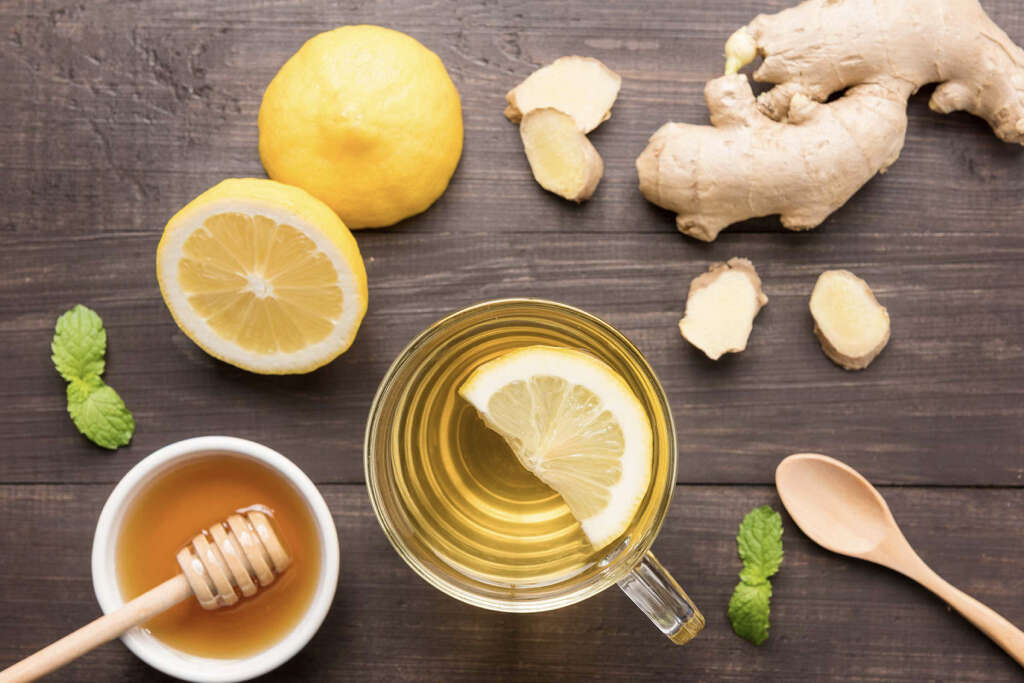
Home Remedy #9: Cannabis
If you live in an area where cannabis is legal, you might be surprised to find out that cannabis works very well as an expectorant. It’s one of the most powerful bronchodilators and can be immensely useful for helping to clear out excess phlegm and make it easier for a person with pneumonia to breathe.
Of course, you’ll want to make sure not to smoke the cannabis. Cannabis edibles, tinctures, oils, and salves are available in many areas where cannabis is legal as medicine.
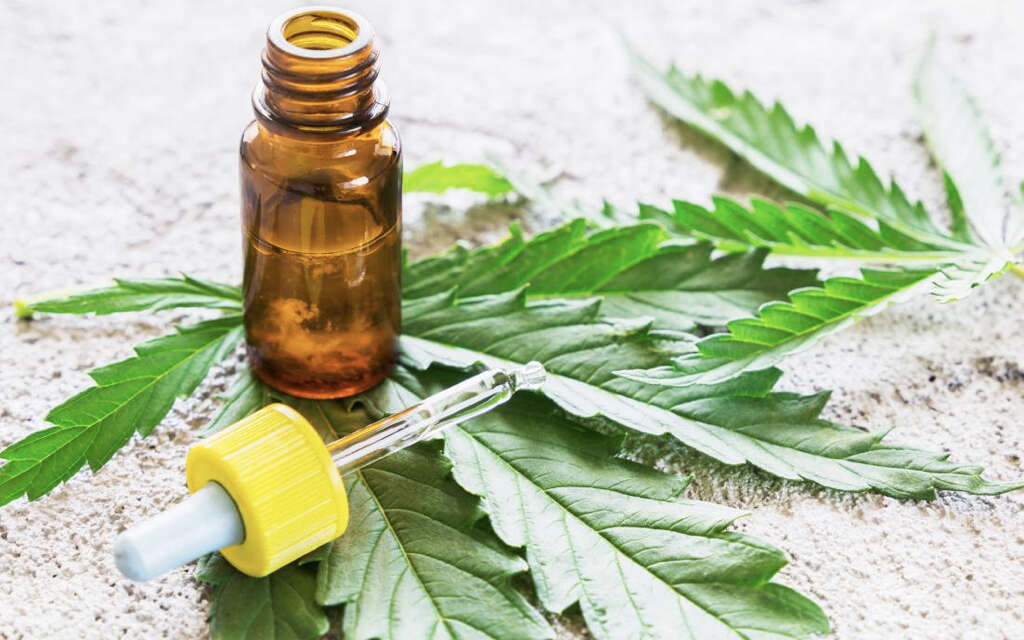
Home Remedy #10: Honey
Honey is another substance that most of us have sitting around the house. In addition to being delicious, honey is known to be a powerful antibacterial and can help soothe sore throats associated with pneumonia.
Organic, locally sourced honey will be a much better source of antimicrobial action.
